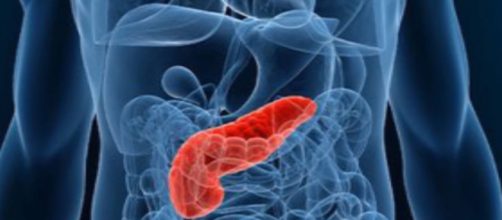Pancreatic Cancer is one of the most common and deadliest cancers that affect an estimated 53,670 Americans each year. 7% of all cancer deaths are due to pancreatic cancer in the US, which affects any individual; young or old.
What is pancreatic cancer?
Pancreatic cancer is when the cells in the pancreas grow rather large and are harder to control within the body. The pancreas is located just behind the stomach and is known to look similar to some sort of fish. There are two types of cancer cells, one is known as endocrine cells and the other, which is one of the most common cells is called exocrine cells.
Both of these cells have different Signs And Symptoms associated with them, but today we will be looking at the most common cell; exocrine.
The signs and symptoms
As stated above, the signs and symptoms vary within each cancer cell, but because the exocrine cells are the most common, they are what we are focusing on today. The signs and symptoms of the exocrine cancer cells are as follows:
- itchy skin
- darker urine
- stomach or back pain
- loss of appetite
- excessive weight loss and
- nausea or vomiting
All of these signs and symptoms vary within the exocrine cells, as these are just general symptoms to look out for when facing pancreatic cancer.
The 9 factors
1. Obesity: obesity is one of the most high-risk factors, proving that 34% of larger individuals will develop pancreatic cancer.
2. Smoking cigarettes: tobacco is a leading cause of cancer which is why smoking cigarettes are a risk factor.
3. Type 2 Diabetes: having type 2 diabetes sets a high risk because of the high sugar and salt consumption.
4. Unhealthy diet: consuming fatty, sugary and salty foods constantly can potentially cause type 2 diabetes which then, in turn, can cause type 2 diabetes and lead to cancer.
5. Drinking alcohol: consuming alcoholic beverages can cause pancreas cancer depending on the intake level.
6. aging: although any individual can suffer from this, older individuals are proven to have higher risks.
7. Ethnicity: anyone from any cultural background can get this cancer, although it has been proven that African-American individuals are more prone.
8. exposure to certain chemicals: work exposure to nickel and chromium compounds has been found to be a high-risk factor.
9. genetic predisposition: it has been found that genetic mutations can be a cause of this cancer, although it is only a small percent.


